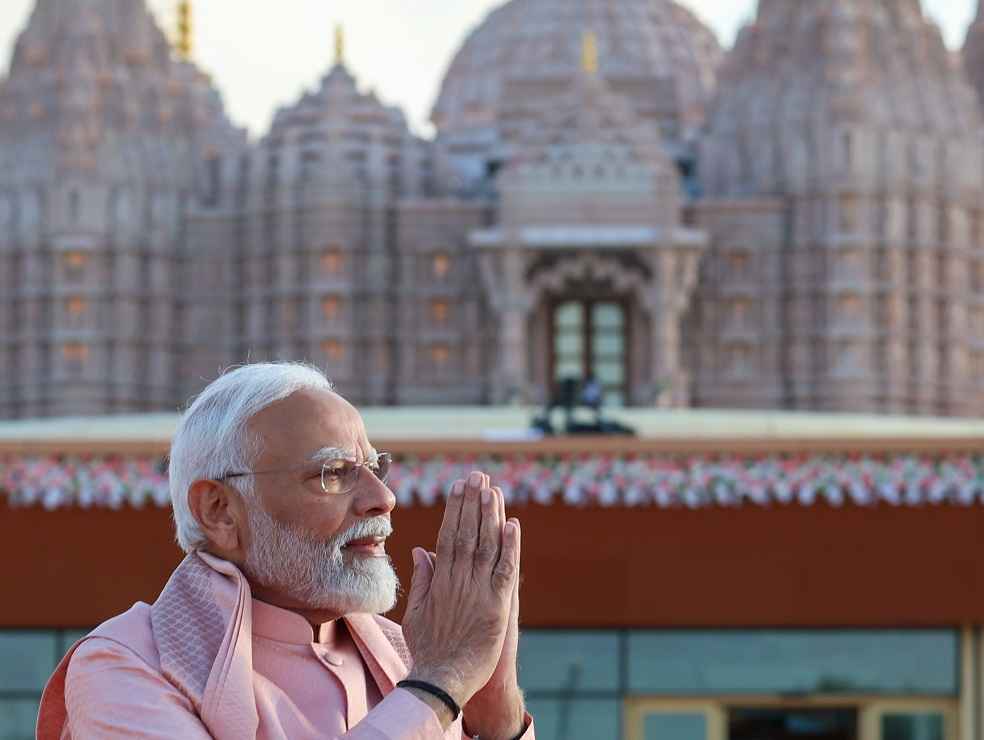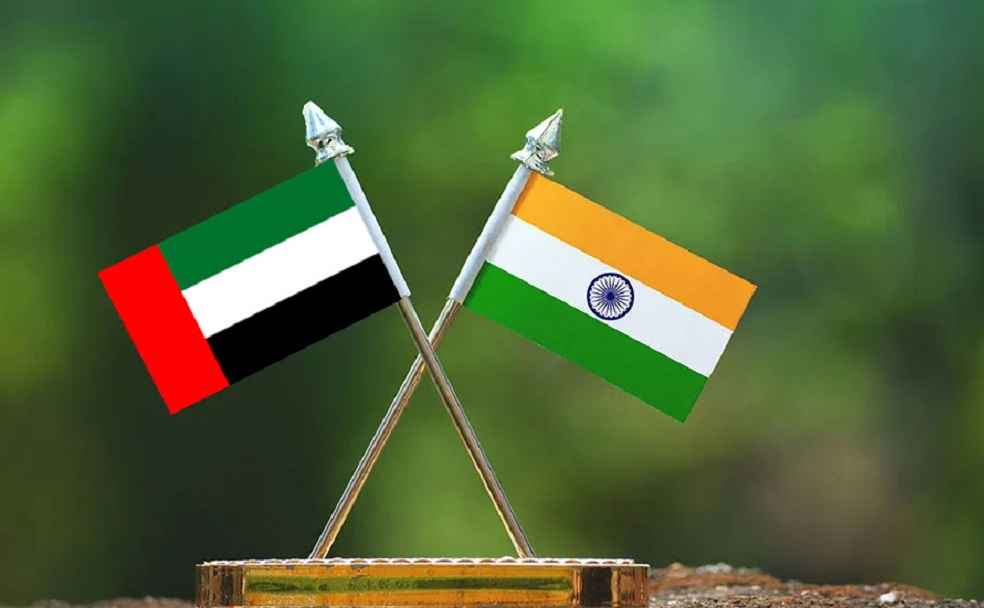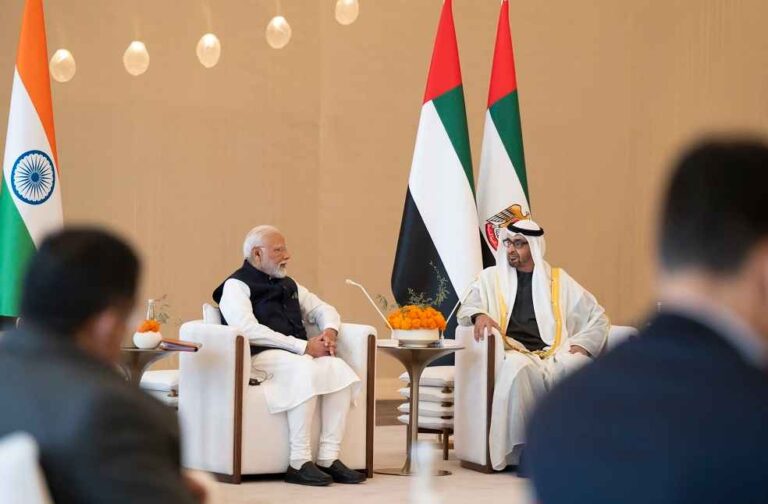Prime Minister Narendra Modi’s recent mission to the United Arab Emirates has set a new precedent for India-UAE relations, marking a significant leap in strategic and economic engagement between the two nations. His visit, spanning two days, involved deep-seated conversations with UAE President Sheikh Mohamed bin Zayed Al Nahyan, leading to the signing of eight critical agreements. These accords aim at deepening bilateral investments and kick-starting the ambitious India-Middle East-Europe Economic Corridor (IMEEC) initiative.
The dialogue between Modi and Al Nahyan revisited the strength of India-UAE ties, which reached a new zenith with the elevation to a Comprehensive Strategic Partnership during Al Nahyan’s visit to India in 2017. The leaders reviewed the remarkable advancements across diverse sectors, celebrating the dynamic expansion of their partnership over recent years.
The array of agreements includes the Bilateral Investment Treaty and the Inter-Governmental Framework Agreement on the IMEEC, alongside Memorandums of Understanding in areas spanning digital infrastructure projects, electricity interconnection and trade, and a collaboration with the National Maritime Heritage Complex in Lothal, Gujarat. The agreements also aimed at enhancing financial connectivity through the integration of payment platforms and domestic debit and credit cards between India and the UAE.

A notable highlight was Modi’s inauguration of the BAPS Hindu Mandir, symbolizing the deep cultural and community bonds that complement the robust economic and commercial ties. Both leaders applauded the meteoric rise in UAE-India trade relations following the Comprehensive Economic Partnership Agreement (CEPA), with bilateral trade surging to $85 billion in 2022-23. They shared ambitions to propel this figure to $100 billion well before the 2030 target.
The unveiling of the UAE-India CEPA Council (UICC) and the decision to establish Bharat Mart at Jebel Ali underscore the commitment to bolstering trade and investment opportunities. The new long-term LNG supply agreements between ADNOC Gas and Indian enterprises underscore a strengthening energy alliance.

The launch of the first Master’s program in Energy Transition and Sustainability by the Indian Institute of Technology (IIT) Delhi in Abu Dhabi represents a pioneering educational venture, highlighting the strategic alignment in sustainable development.
The IMEEC framework agreement, focused on developing a logistics platform and digital ecosystem for regional connectivity, exemplifies the leadership role of India and the UAE in promoting economic integration across the Middle East and Europe.
Modi’s strategic engagements in the UAE, followed by his visit to Qatar, reflect India’s resolute approach to fortifying its alliances with Gulf nations, with a keen focus on mutual trade, investment, and sustainable development goals. These agreements lay a robust foundation for a future of shared prosperity and collaborative success, reinforcing the comprehensive strategic partnership between India and the UAE.
BUSINESS GENERAL | Saudi’s Coffee Sector Blossoms from Local Roots to Global Recognition



